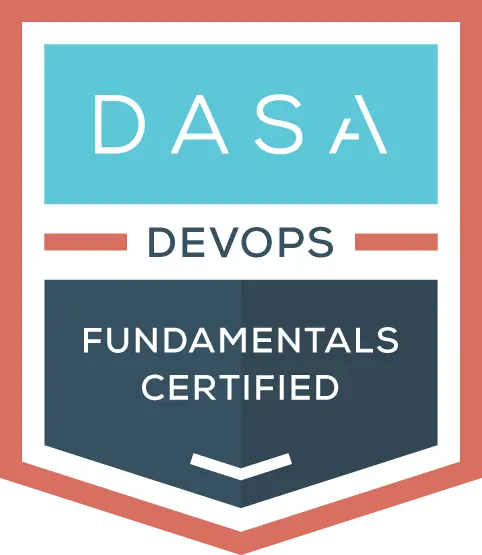“The Phoenix Project” is a book that introduces the Three Ways of DevOps, which are the guiding principles for DevOps practices. Through a story about an IT manager named Bill, the book explores the challenges and benefits of adopting DevOps practices.

Source: “The Phoenix Project” by Gene Kim, Kevin Behr, and George Spafford
The Three Ways are a set of principles that guide DevOps practices. They are:
The First Way: Flow
The First Way focuses on optimizing the flow of work from development to operations. This means breaking down silos between teams, creating a culture of collaboration, and automating processes to eliminate bottlenecks. This is done through value stream mapping by eliminating non-value-adding activities and breaking requirements into user stories that can be implemented in short sprints. The goal is to ensure that work is completed as smoothly and quickly as possible.
The Second Way: Feedback
The Second Way emphasizes creating a fast and reliable feedback loop between development and operations. This means including feedback givers in the events and implementing continuous testing, monitoring, and feedback mechanisms. It also means making it easy for teams to share knowledge and learn from each other. This allows teams to receive early feedback on whether their value hypotheses are valid or not.
The Third Way: Continuous Learning and Experimentation
The Third Way emphasizes the importance of continuous learning and experimentation. This means fostering a culture of experimentation, embracing failure as an opportunity to learn, and using data and metrics to drive continuous improvement. By continuously learning and experimenting, teams can improve their processes and outcomes over time.
The Phoenix Project is a novel that tells the story of an IT manager named Bill who is tasked with turning around a failing project at his company. Through his experiences, the book explores the challenges and benefits of adopting DevOps practices and introduces the Three Ways as a framework for guiding these practices. By understanding and implementing the Three Ways, organizations can improve collaboration, feedback, and continuous improvement, leading to better outcomes and more efficient processes.


DASA DevOps Certification Program
DASA DevOps Certification Program equips you with the foundational skills to understand and implement key DevOps principles. You’ll learn how to foster collaboration across teams, streamline workflows, and accelerate delivery cycles—all while ensuring your organization is prepared for long-term digital transformation.


